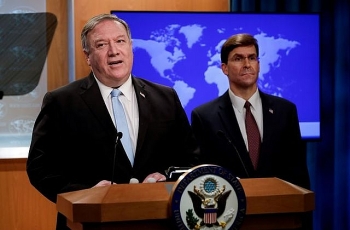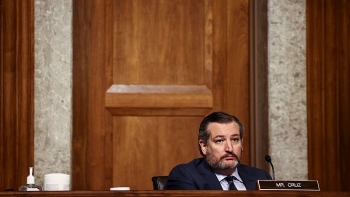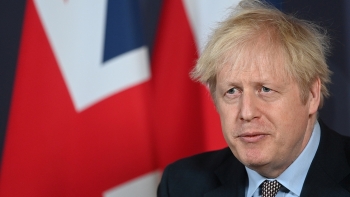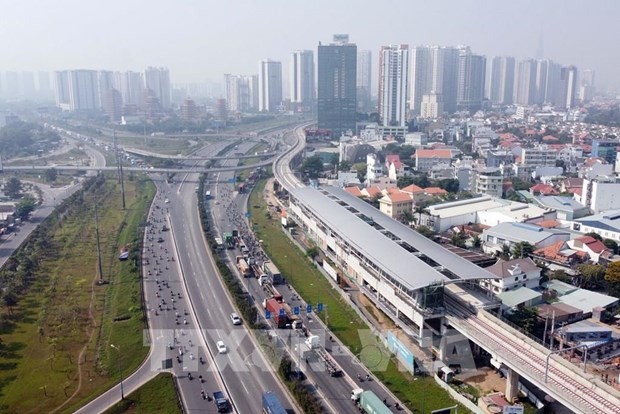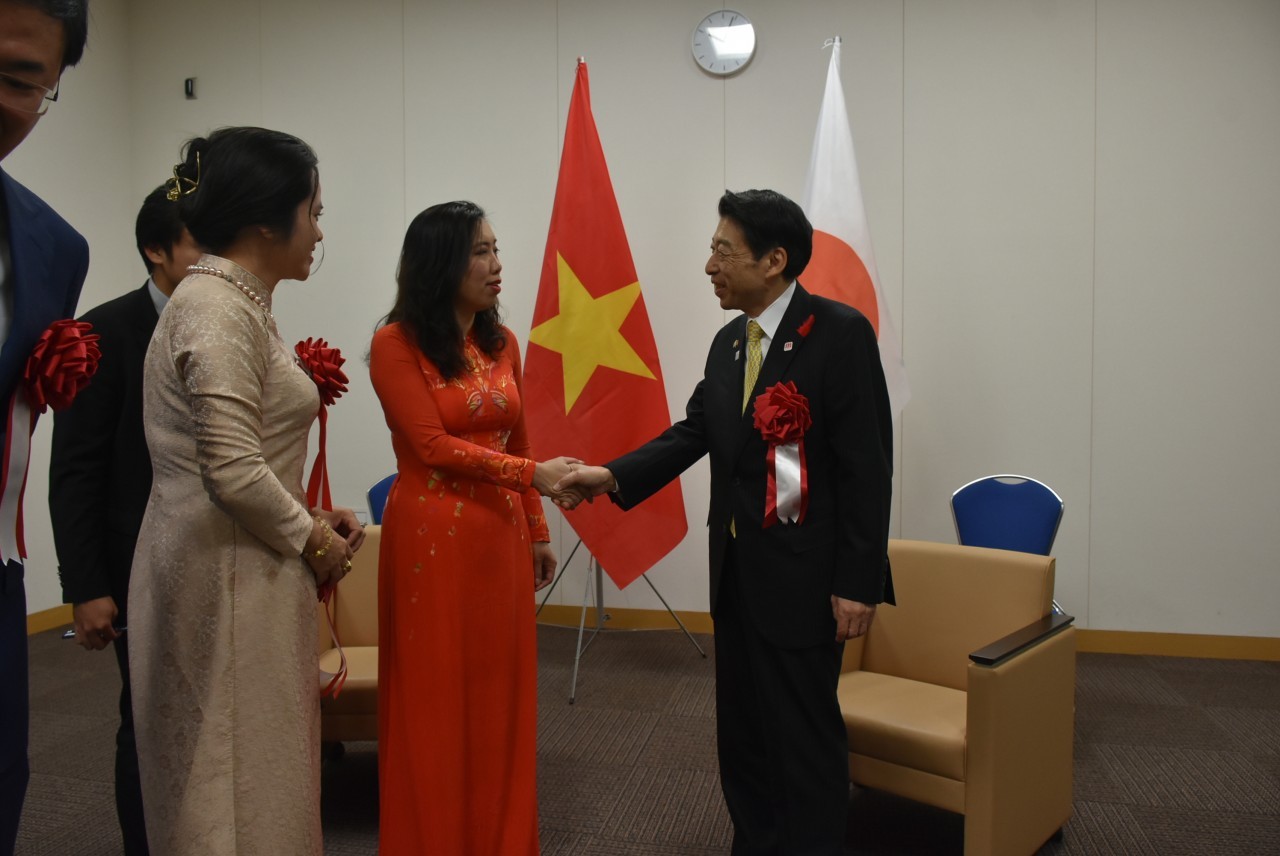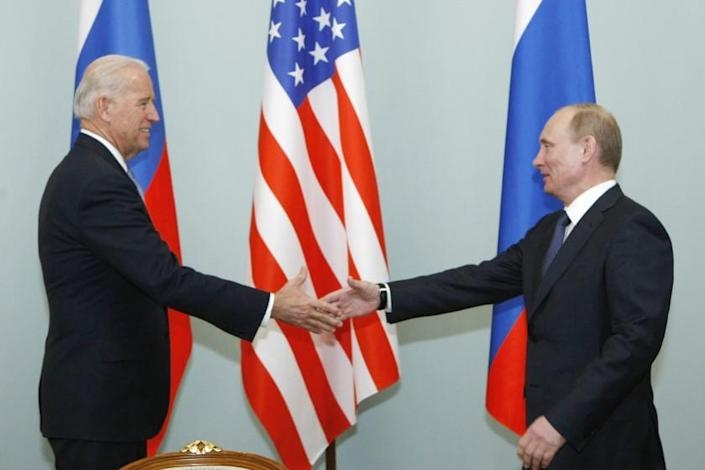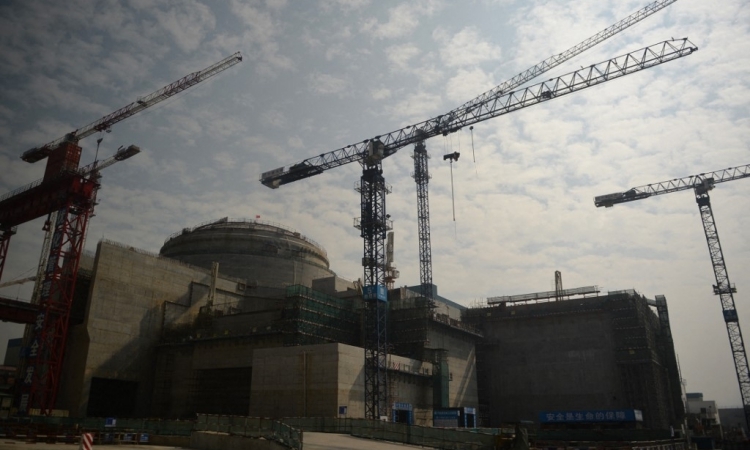World breaking news today (January 6): Trump signs order banning transactions with 8 Chinese apps
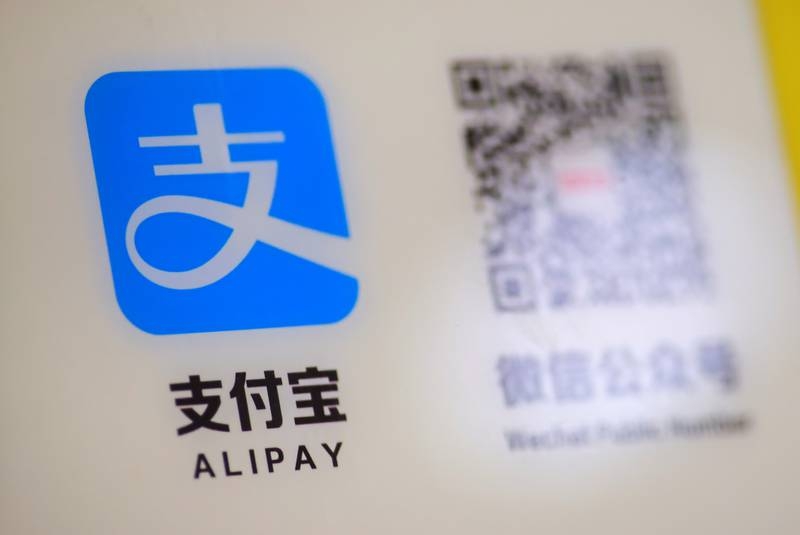 |
| Alipay is among the 8 Chinese apps banned by Trump (Photo: Telegraph) |
Trump signs order banning transactions with 8 Chinese apps
US President Donald Trump on Tuesday (Jan 6) signed an executive order banning transactions with eight Chinese software applications, including Ant Group's Alipay, a senior administration official said, escalating tensions with Beijing before President-elect Joe Biden takes office this month.
The order, first reported by Reuters, tasks the Commerce Department with defining which transactions will be banned under the directive and targets Tencent Holdings's QQ Wallet and WeChat pay as well.
The move is aimed at curbing the threat to Americans posed by Chinese software applications, which have large user bases and access to sensitive data, the official said.
The order released by the White House names "Alipay, CamScanner, QQ Wallet, SHAREit, Tencent QQ, VMate, WeChat Pay, and WPS Office".
A US official noted the order gave the Commerce Department 45 days to act but the department plans to act before Jan 20 when Trump leaves office to identify prohibited transactions.
Any transactions prohibited by the Trump administration are likely to face court challenges as the Commerce Department did when orders barring transactions with WeChat and TikTok were blocked by federal judges, CNA reported.
Dozens of Hong Kong opposition figures arrested under a national security law
As many as 50 Hong Kong opposition figures were arrested Wednesday under a new national security law in the largest operation yet against Beijing's critics, deepening a police crackdown sweeping the financial hub.
Opposition figures and parties took to their Facebook and Twitter accounts to confirm at least 21 arrests, most on a charge of "subversion".
Two senior police sources who both requested anonymity told AFP "around 50" had been arrested by the city's new national security unit.
The operation netted a swathe of opposition figures, from veteran former pro-democracy lawmakers such as James To, Andrew Wan and Lam Cheuk Ting to a host of younger activists.
Hong Kong police did not respond to requests for comment on how many had been arrested and why.
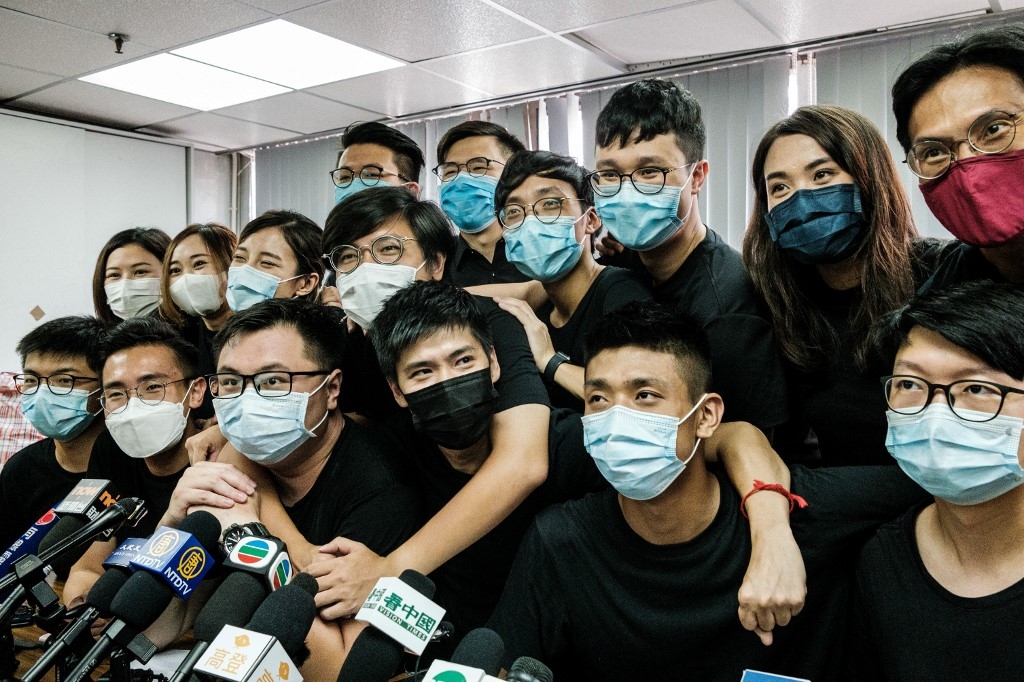 |
| (Photo: Inquirer Net) |
Opposition figures said the arrests were linked to a primary organised by pro-democracy parties last year ahead of local legislative elections which were ultimately scrapped.
More than 600,000 Hong Kongers turned out to vote in the unofficial primary, which was aimed at picking who would stand for election in Hong Kong's legislature -- a body where only half the 70 seats are popularly elected.
The aim of the campaign was to win all 35 elected seats and take a majority in the legislature for the first time, France 24 reported.
Kim Jong Un admits policy failures as party congress opens
Kim Jong Un said the country's economic goals were not met "in almost all areas to a great extent." New development policies are expected to be set during the ongoing party congress, which is being held after five years.
As reported by DW, North Korean leader Kim Jong Un opened the country's first ruling party meeting in five years with a rare admission of failure in policies, reported Korean Central News Agency (KCNA).
The KCNA quoted Kim saying the previous goals set in the 2016 meeting "were not met in almost all areas to a great extent." He also said the country "must not repeat the painful lessons.''
While the North Korean leader noted "shining successes" by the party, he also stated that "goals for improving the national economy have been seriously delayed."
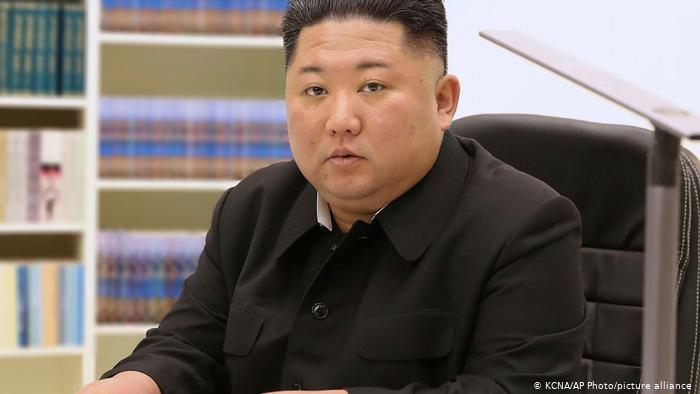 |
| Kim Jong Un is expected to reveal a new development plan after admitting mistakes in previous policies (Photo: AP) |
Putin, Germany’s Merkel Discuss Joint Coronavirus Vaccine Production
Russian President Vladimir Putin and German Chancellor Angela Merkel discussed by phone the potential for joint production of a coronavirus vaccine, the Kremlin said Tuesday.
Putin and Merkel discussed cooperation in the fight against Covid-19 “with an emphasis on potential prospects for the joint production of vaccines,” according to a statement on the Kremlin’s website.
The talks follow Putin’s admission last year that domestic equipment shortages could delay Russia’s Sputnik V vaccine from entering mass production. Reports also said Russia was struggling with production capacity issues and problems with scalability and quality control.
Alexander Gintsburg, the director of the state-run Gamaleya research center that developed Sputnik, on Tuesday said that over 1 million people in Russia have received the jab so far.
Recommended
 World
World
India reports 9 Pakistani Aircraft Destroyed In Operation Sindoor Strikes
 World
World
Thailand Positions Itself As a Global Wellness Destination
 World
World
Indonesia Accelerates Procedures to Join OECD
 World
World
South Korea elects Lee Jae-myung president
 World
World
22nd Shangri-La Dialogue: Japan, Philippines boost defence cooperation
 World
World
Pakistan NCRC report explores emerging child rights issues
 World
World
"India has right to defend herself against terror," says German Foreign Minister, endorses Op Sindoor
 World
World

